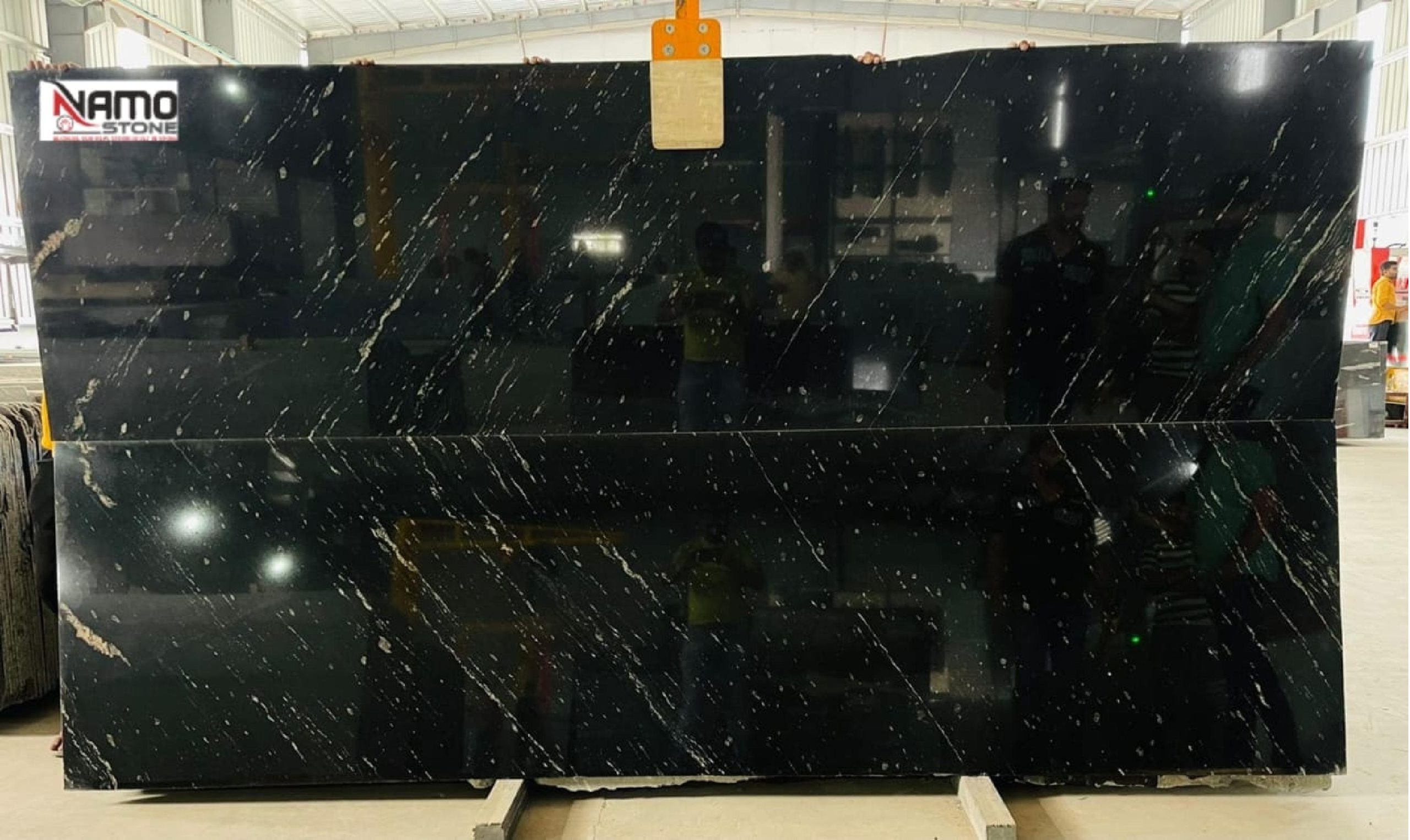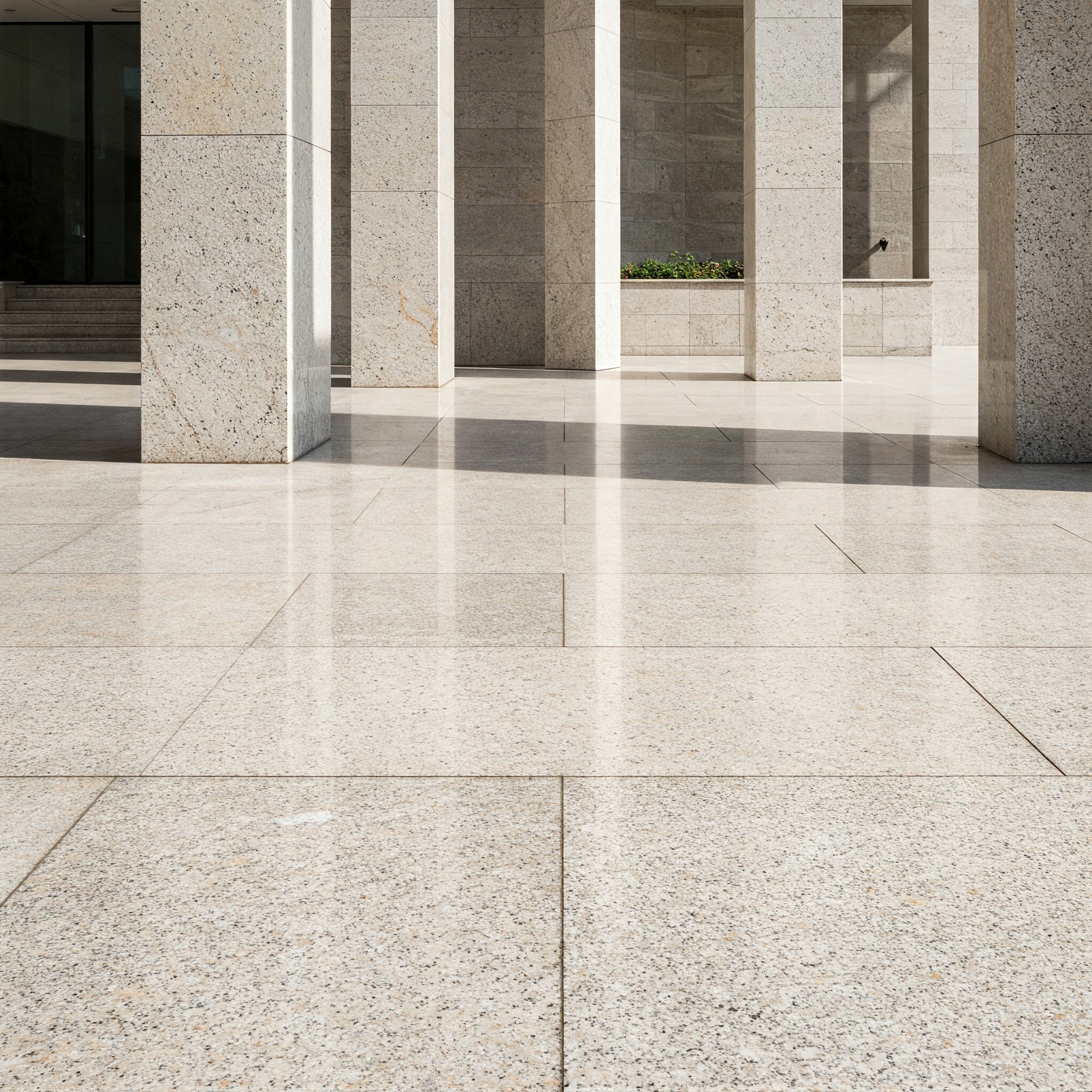Indian White Granite has emerged as one of the most popular choices in architectural designs,…

The Sustainable Choice: Environmental Benefits of Choosing Granite
Making sustainable decisions is more crucial than ever in the modern world. When it comes to building materials and home design, granite is a standout choice that not only enhances the beauty and value of your space but also provides a host of environmental advantages. Granite is a sustainable material that can help create a more environmentally friendly future due to its natural abundance, durability, and capacity to be recycled. This article will discuss the advantages of granite for the environment and why it’s a great material choice for those who care about the environment, both personally and professionally.
1. Abundance and Natural Availability:
Granite is a natural stone that is widely available in various regions around the world. Its abundance makes it a sustainable choice as it reduces the need for excessive mining or extraction of limited resources. Unlike synthetic materials, granite is sourced from the earth and does not require the use of energy-intensive manufacturing processes, minimizing its environmental impact.
2. Durability and Longevity:
One of the key environmental benefits of granite is its exceptional durability and longevity. Granite is an incredibly hard and dense stone, resistant to scratches, stains, and heat. When properly cared for, granite surfaces can last for decades, reducing the need for frequent replacements or renovations. Its durability translates into less waste and lower overall environmental impact compared to materials with shorter lifespans.
3. Energy Efficiency:
Granite’s thermal properties contribute to energy efficiency in homes and buildings. Due to its high density, granite has excellent heat retention properties, which means it can help regulate indoor temperatures. By installing granite countertops, flooring, or cladding, you can reduce energy consumption associated with heating and cooling, leading to lower carbon emissions and energy costs.
4. Low Maintenance and Cleaning Requirements:
Granite surfaces are relatively low maintenance, requiring minimal cleaning and upkeep. Regular dusting and gentle cleaning with mild, pH-neutral detergents are usually sufficient to keep granite surfaces looking their best. By avoiding the use of harsh chemicals and excessive water consumption, you can minimize the environmental impact associated with cleaning routines.
5. Recyclability and Reusability:
In addition to its durability, granite is a highly recyclable and reusable material. During construction or renovation projects, granite can be salvaged and repurposed for other applications, reducing waste generation. Granite remnants can be transformed into smaller surfaces, such as cutting boards, coasters, or decorative pieces, giving them a new lease on life. This reduces the demand for new materials and conserves valuable resources.
6. Indoor Air Quality:
Granite is a natural material that does not emit volatile organic compounds (VOCs) or harmful chemicals. This makes it a healthier choice for indoor environments, as it contributes to better indoor air quality. By selecting granite for your countertops, flooring, or other surfaces, you can create a healthier living or working environment for yourself and your loved ones.
7. Sustainable Quarrying Practices:
As sustainability becomes a priority, responsible quarrying practices are gaining prominence in the stone industry. Many granite quarries are implementing sustainable practices to minimize their environmental impact. This includes reclamation of land, water conservation measures, and implementation of eco-friendly technologies. By supporting quarries that prioritize sustainability, you contribute to the promotion of environmentally responsible practices.
8. Natural Beauty and Aesthetic Appeal:
Last but not least, granite’s visual appeal and inherent beauty benefit the environment. You may establish a connection with nature and bring the beauty of the outside inside by incorporating granite into your environment. This enthusiasm for the natural world can promote environmental awareness and motivate others to adopt sustainable decisions.
The use of granite as a building material has several positive environmental effects. It is a sustainable option due to its inherent availability, robustness, recyclability, low maintenance needs, and contribution to energy efficiency. By choosing granite, you not only increase the space’s beauty and value but also help the environment. Make an eco-friendly decision that is in line with your ideals and the requirements of our planet by embracing the sustainable characteristics of granite.




This Post Has 0 Comments